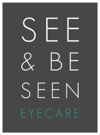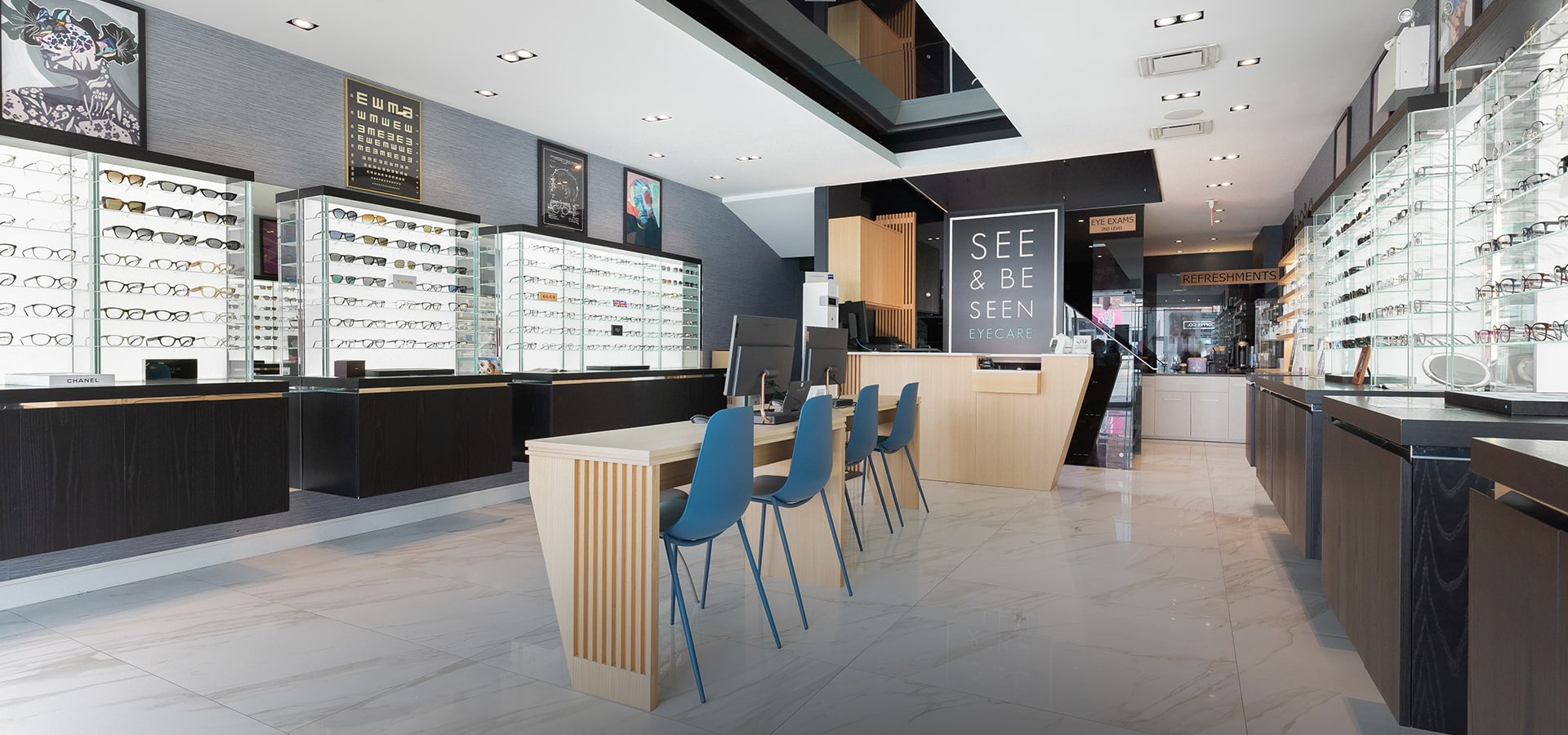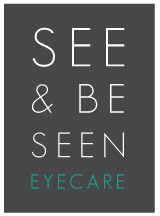According to statistics, 57% of Canadians 20 and older have a vision problem that requires optical correction. Eyewear such as glasses can offer cosmetic and corrective benefits.
Still, many people raise concerns that glasses make your eyes worse. Wearing glasses does not make your eyes worse.
About Your Vision
Your visual system is an intricate interplay between the eyes and the brain. Parts of your eye, particularly the optic nerve, send signals or impulses to your brain that help process visual images.
When you experience refractive errors like myopia (nearsightedness), hyperopia (farsightedness), or astigmatism, your eyes struggle to focus light onto the retina (the light-sensitive tissue at the back of the eye) correctly. Glasses act as a tool to redirect incoming light and help your eyes focus accurately, allowing you to see with clarity.
Your Vision Changes as You Age
Your lens, the clear structure in your eyes, is flexible and changes shape to help focus on objects at varying distances. As we age, the lens becomes less flexible and thicker, affecting your ability to focus. Glasses can help correct these visual changes but have no role in weakening or worsening your vision.
Myopia Progression
Myopia that develops in early childhood can progress until the late teens or early 20s. While glasses and contact lenses help correct myopia in children, they do not change the shape of the eye and cause progression. However, myopia control measures can help slow the progression of myopia.
Adult and children’s eye exams help your eye doctor determine if you have a vision problem and check your ocular health. Symptoms of a refractive error can include the following:
- Blurry vision
- Squinting
- Eye strain
- Headaches
- Double vision
Glasses Do Not Make Your Eyes Worse
The statement that glasses worsen your vision is not valid. When you wear glasses, they help to correct your vision. Without glasses, your eyes work harder to focus, which can cause muscle strain and eye fatigue.
By wearing eyeglasses, you can improve your eyesight and reduce the strain your eyes are subject to, leading to healthier eyes in the long run. Many adults develop nearsightedness after age 40, a condition called presbyopia from age-related changes. Presbyopia is the gradual loss of your eye’s ability to focus on nearby objects.
Treatment is usually progressive and multifocal lens or reading glasses that provide clear near vision and vision at all distances. Wearing glasses for presbyopia can help improve your vision and help you perform near-focused tasks.
Another issue some people worry about is their eyes becoming dependent on their glasses. While glasses can make some tasks, such as reading or working at a computer, more comfortable, they do not change the eye’s structure.
Therefore, it’s a myth to say that wearing glasses will weaken your eyes. Your eyes will function the same, but your vision will be clearer when you wear glasses.
In some cases, people who wear glasses or contact lenses may notice their prescription changes over time or changes more frequently. The changes in prescription don’t result from wearing glasses but rather because of natural changes in their eyesight.
Certain eye diseases and conditions can cause a shift in your prescription and require more prescription changes or a stronger prescription. These conditions can contribute to poorer vision over time and aren’t from your eyeglasses.
When Can Glasses Make Your Eyes Worse?
Glasses that don’t fit well or are the wrong prescription can do more harm than good. They can lead to:
- Headaches
- Eye strain
- Blurred vision
- Watery eyes
If it has been longer than a year since your last eye exam and you wear glasses, you may need a new prescription, as wearing them beyond the prescription time or expiry date can lead to eye strain and pain.
If you experience discomfort with your glasses or notice your symptoms worsen, check with your eye doctor. It can indicate an underlying problem or a need for a new prescription.
Vision Clarity with Glasses
There is no evidence to suggest that wearing glasses can cause your eyes to become worse after some time. They can be a beneficial tool for improving your eyesight and reducing eye strain and discomfort.
Regular eye exams are vital to monitor eye health and vision concerns to keep your eyes healthy and functioning correctly. Book your next eye exam with See & Be Seen Eyecare today.





